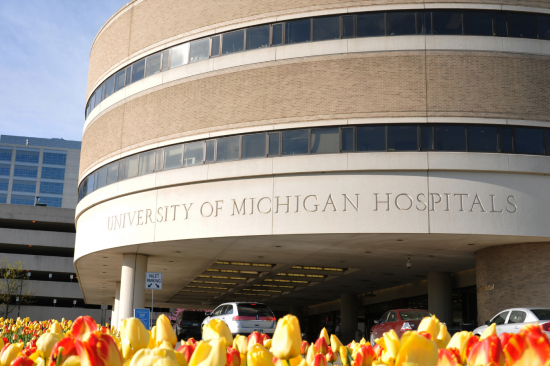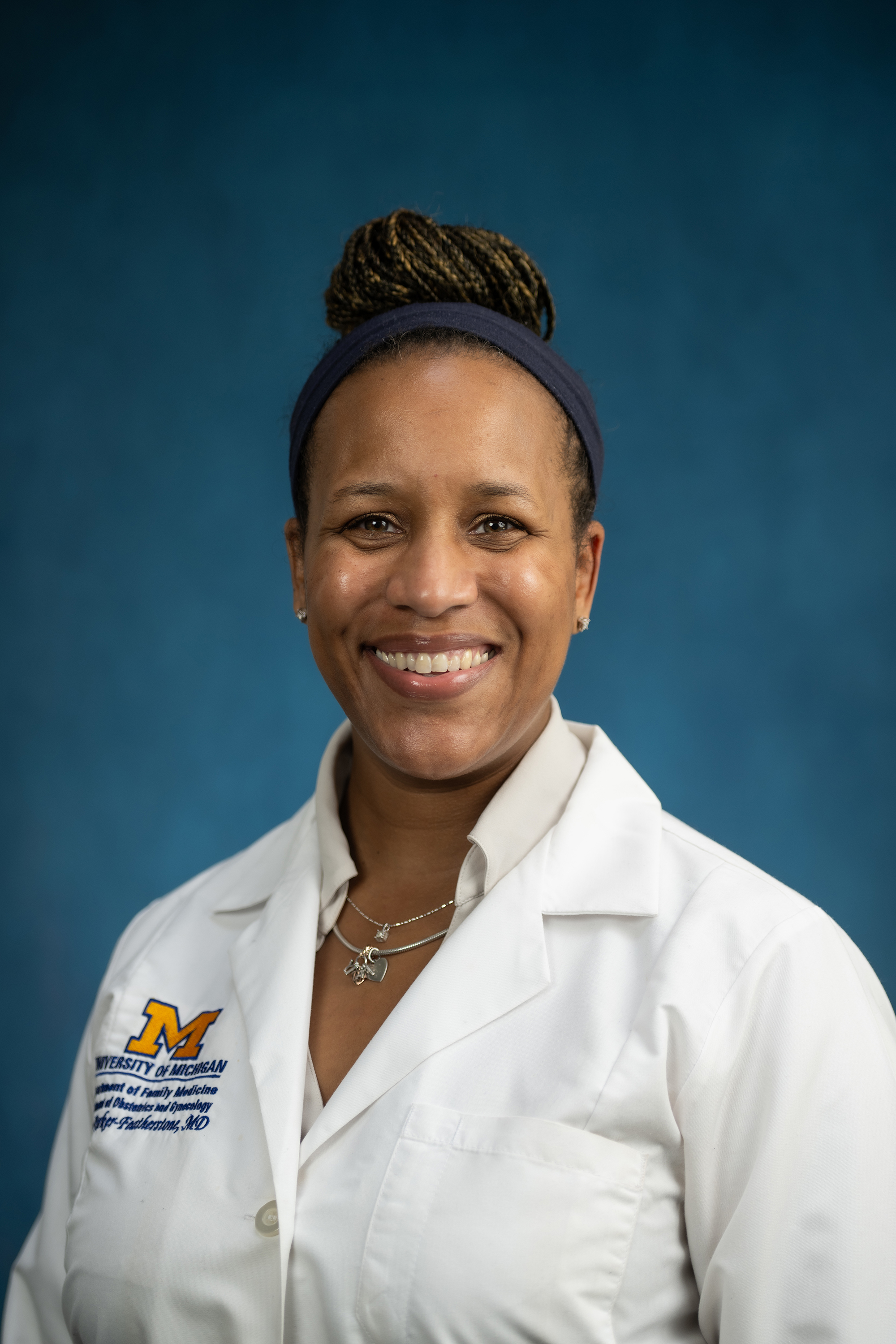Ingrained in the practice of Family Medicine are the tenets of advocacy and health equity as caring for communities to help them achieve optimal health requires much more than just medical care.
To this end, our department is committed to advancing diversity, equity and inclusion (DEI) for our patients, learners, faculty, staff and community. Our vision is integrated as part of our Department’s strategic plan as we view equity as a guiding principle across all our missions areas and necessary for our success.
In the clinical arena we staff the Luke clinic in Detroit, providing pregnancy care, including delivery on our Family-Mother-Baby service, and newborn care to at risk mothers and their children. We also house the Japanese Health Program, the Latino Health Program (Programa de Salud Familiar), and the Dexter Deaf Clinic which provides care to patients in their native language, ensuring equitable care.
We are also active in education, including the transformation of our traditional morbidity and mortality conference to a health-equity quality conference, that provides a whole-patient review, including SDOH and how these influence care and use our findings to improve the care we provide.
Our faculty help lead the institution’s efforts on inclusive teaching and train our next generation of physicians in principles of health equity and justice. Family Medicine held a department-wide anti-racism training in 2020 as the first-step towards creating an anti-racism climate.
In the research arena we are part of the Population Health Assessment Engine (PHATE) pilot which looks to incorporate SDOH data into clinical practice in a meaningful way to inform care, launched the Anti-Racism and Health Equity Program (AREP) which seeks to promote health equity through anti-racist research and research practices and lead effort towards inclusion in accessibility through our MDisability program.






